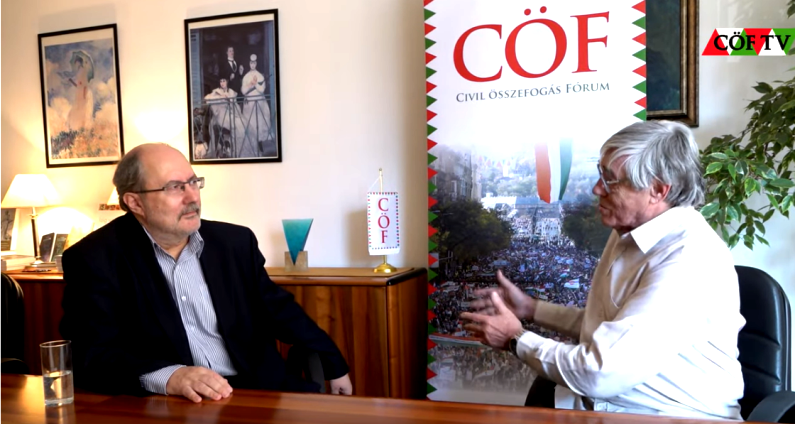A lot of things that should have happened in our little country were left behind. Among them, the administration of justice after the regime change, the expulsion of ex-communist sycophants from political life, or the investigation of the origin of their wealth acquired under me are still affecting to this day. But there was no accountability for the persecutors of the church, the operators of the communist police state, and even the compromised journalists.
The Civil Justice Committee was created precisely to fill these gaps. Although their work and the crimes they uncover may not (anymore) have legal consequences, they may provide moral satisfaction. Most recently, Tamás Fricz presented his research results, which were precisely about why justice has been left behind and the consequences of this, which are still felt by Hungarian society today.
In a conversation with a political scientist, our portal sought an answer to the question of how it is possible that, despite the failure to take this step, Hungary has remained a democratic, normal society, while, for example, in the case of the Germans (where the operators of the wild communist system of the former GDR and their servants were sidelined) normality is slowly disappearing , as the pluralistic press has almost disappeared, where "dissidents" are persecuted for their opinions, just as they did in our country during socialism.












